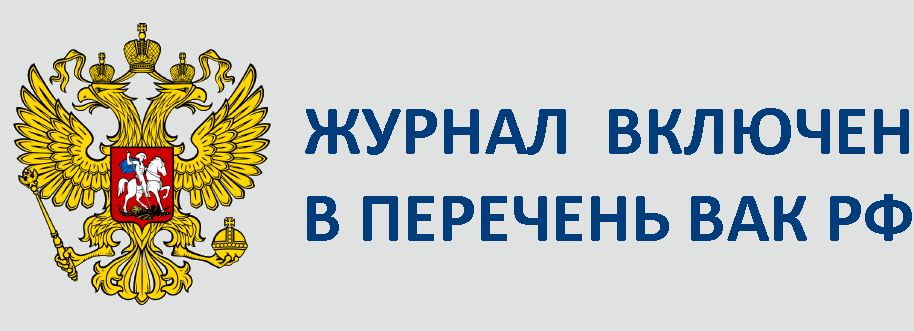№1-2023-11
№1-2023-11
УДК 94(4) «1918»
DOI: 10.22281/2413-9912-2023-07-01-100-109
Ланник Л.В.
ИСТОЧНИКИ ЛИЧНОГО ПРОИСХОЖДЕНИЯ О ДЕЯТЕЛЬНОСТИ ГЕРМАНСКОГО ПОСОЛЬСТВА В МОСКВЕ В 1918 Г.: ДЕФИЦИТ ПОКАЗАНИЙ
Политика Германской империи на Востоке после заключения Брестского мира имела важнейшее значение для хода последней кампании Великой войны и эскалации Гражданской войны в России. По целому ряду причин она исследована до сих пор недостаточно, поэтому важен вопрос об уточнении источниковой ситуации и перспективах расширения имеющейся базы. Германских эмиссаров в Москве в 1918 г. можно разделить на несколько групп: дипломаты, военные, экономисты и журналисты. Анализ их личных свидетельств способен дать ценные результаты при учете профессиональной специфики и деталей пребывания в РСФСР. Важнейшее значение имели бы свидетельства двух послов (Мирбаха и Гельфериха) и их заместителей (Рицлера и Бассевица), а также военных атташе, однако по различным причинам следует констатировать явный дефицит воспоминаний либо намеренное их искажение ради политической конъюнктуры не только 1920-1930-х, но и 1950-1970-х гг. Шансы на существенное пополнение источников невелики, однако необходима дальнейшая работа по уточнению состава кайзеровских миссий в РСФСР и тщательный отбор сохранившихся материалов для последующего ввода в оборот отечественной историографии. Расширение источниковой базы является базовым условием для создания уточненной истории советско-германских отношений на первом их этапе, что стало бы важнейшим шагом к подлинной историзации событий 1918 г. на пространстве бывшей Российской империи.
Ключевые слова: Германская империя, РСФСР, Брестский мир, дипломатические отношения, мемуары, архивы, В. фон Мирбах, К. Рицлер, К. Гельферих.
Lannik L.V.
SOURCES OF PERSONAL ORIGIN ABOUT THE ACTIVITIES OF THE GERMAN EMBASSY IN MOSCOW IN 1918: LACK OF EVIDENCE
The policy of the German Empire in the East after the conclusion of the Brest Peace possessed a crucial importance for the course of the last campaign of the Great War and the escalation of the Civil War in Russia. For a number of reasons, it has been still understudied, that’s why particularly important are the question of clarifying the source situation and the problem of the prospects for expanding the existing base. The German emissaries in Moscow in 1918 can be divided into several groups: diplomats, military, economists and journalists. The analysis of their personal testimonies can give valuable results under considering the professional specifics and details of their stay in the RSFSR. The testimonies of two ambassadors (Mirbach and Helfferich) and their deputies (Ritzler and Bassewitz), as well as military attaches, would be of crucial importance, but for various reasons it should be stated that there is a clear shortage of memories or their deliberate distortion for the sake of the political conjuncture not only of the 1920s-1930s, but also of the 1950s-1970s. The chances for the significant replenishment of the sources are small, but further work is needed to clarify the composition of the Kaiser’s missions in the RSFSR, and a careful selection of preserved materials could provide the subsequent introduction into the actual pool of sources of Russian historiography. The complementing of the source base would be a basic condition for creating a refined history of Soviet-German relations at their first stage, which could be an important step towards a genuine historicization of the events of 1918 in the former Russian Empire.
Keywords: German Empire, RSFSR, The Brest Treaty, diplomatic relations, archives, memoires, W. von Mirbach, K. Riezler, K. Helfferich.
Институт всеобщей истории РАН Россия),
Institute of World History, Russian Academy of Sciences Russia
Это произведение доступно по лицензии Creative Commons «Attribution-ShareAlike» («Атрибуция — На тех же условиях») 4.0 Всемирная






